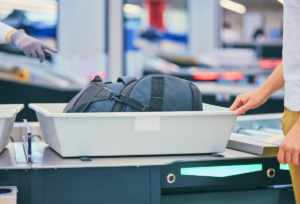With sky high costs of training, Britain is facing the threat of a pilot shortage as recruits are expected to pay up to £100,000.
According to the British Airline Pilots’ Association the number of people learning to fly commercial aircraft is declining.
BALPA Chairman, Captain Mark Searle said: “Once young people could enter the profession through airline sponsors, but now they have to fund their own initial training which can cost up to £100,000.”
Many airlines used to sponsor cadets up until the turn of the millennium, when gradually, as a result of cost cutting, this was stopped.
However airlines continued to pick up the cost of the additional licence pilots needed to operate individual aircraft, such as a Boeing 737, although this has ceased within the last five years, leaving cadets to fork out a further bill of at least £25,000.
BALPA claims to have been contacted by potential pilots who have decided against joining the struggling industry because of the cost of training, and flying schools agree that they have noticed a drop in applications.
Captain Searle said: “This is plain wrong. These young pilots are desperate for a job and are now being charged by airlines to fly fare paying passengers. Airlines should be ashamed.”
There is currently a comfortable supply of pilots, due to the number who were laid off during the recession, however, if the impressive recovery of aviation continues, as seen in recent months, the industry looks set to find itself short of pilots by the middle of the decade.
Pilots retire at 65 and according to the aircraft manufacturer, Boeing, aviation will need 448,000 new recruits over the next 20 years, and that’s just to replace those who have already fled the industry.
A top-earning pilot, at the controls of a Boeing 747, can expect to receive earnings of £110,000 a year, while a junior recruit on a smaller plane would start at around £25,000. According to the union, the average pilot’s wage is around £60,000.
However, the chief executive of the British Air Transport Association, Simon Buck, challenged the BALPA’s analysis, saying:
“In the current economic climate many airlines can no longer offer direct sponsorship, but, if pilot recruitment becomes a significant problem for the UK airlines in the future, this policy may need to be reviewed, currently we are unaware of UK airlines experiencing difficulties in recruiting pilots.”




